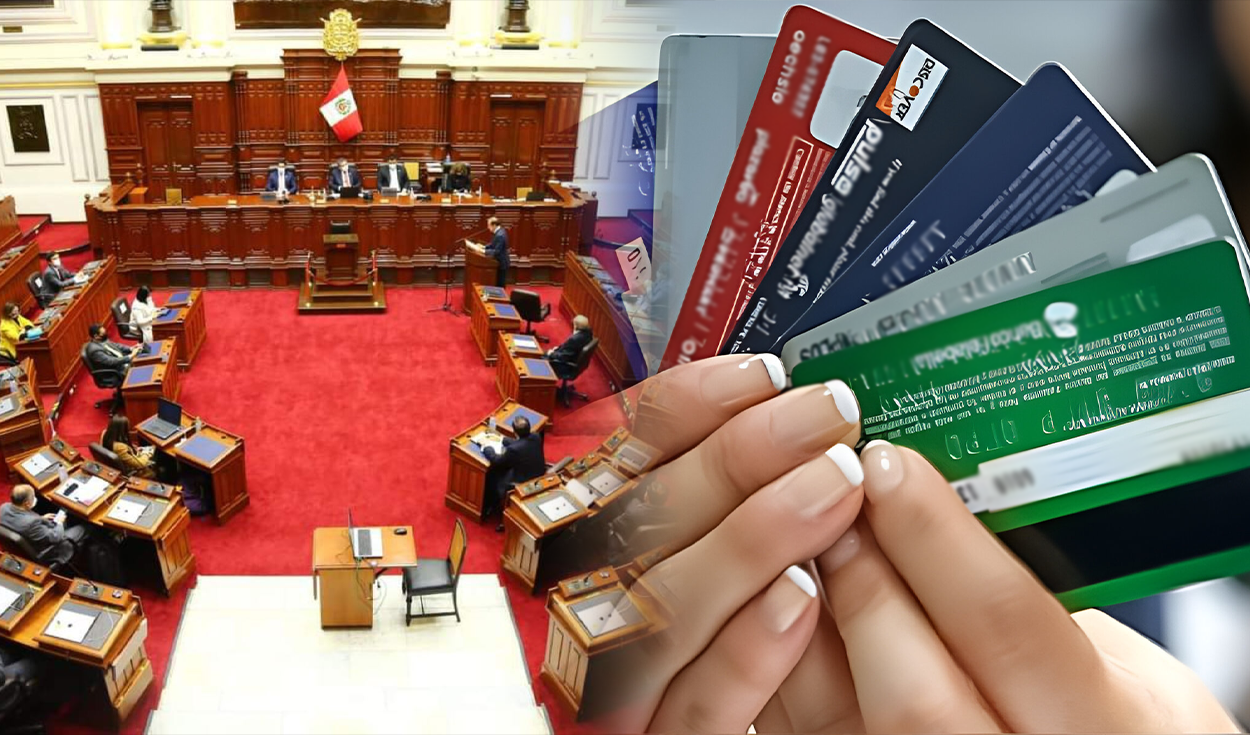
In a significant advance for users of financial services in the country, the Congress of the Republic has taken a crucial step by approving in the first vote a bill that seeks to eliminate commissions associated with bank transfers and credit card payments. This measure, which has generated positions for and against, aims to alleviate the economic burden on consumers.
With a total of 60 votes in favor, 28 against and 6 abstentions, The project still needs to go through a second vote for final approval.. The legislative initiative has been received with enthusiasm by consumers, who see in this proposal an opportunity to reduce operational costs and facilitate transactions everyday.
How was the vote in plenary?
The session in plenary session of Congress It had two marked positions. Supporters of the bill argued that eliminating wire transfer fees is a step toward democratizing access to financial services. However, opponents raised concerns about the financial sustainability of banks and other financial intermediaries, and suggested there could be long-term negative repercussions.
Despite these discrepancies, the majority decided to support the proposal. Ase highlighted the need to favor the average citizen instead of increasing the profits of financial corporations. “The commission considers that it is necessary to complement the current regulations to guarantee their due compliance by the Superintendency of Banking and Insurance and for the benefit and protection of consumers,” said the Popular Action parliamentarian, Wilson Soto.
Can bank transfers now be made without commission?
Although it had 60 votes in favor in a first vote, the initiative requires a second vote for its final approval and later to be published in the official newspaper El Peruano.
What does this bill consist of?
The proposed bill stipulates that no fees will be charged for bank transfers made in the same entity and between different banks nationwide, as long as these do not exceed a certain monthly limit stipulated by law. In addition, the elimination of commissions on all payments made through credit cards is contemplated, which could encourage the use of electronic means over cash.
The law also proposes that reduced commissions be applied for transactions in rural banks and cooperatives, to allow these entities to cover their operating costs without significantly affecting the consumer. Likewise, it seeks to balance the need for financial support for small institutions with consumer protection by establishing a precedent for future regulations in the sector.
What care should you take with your credit card?
The Superintendency of Banking, Insurance and AFP (S.B.S.) provides essential recommendations to take care of your credit card and avoid possible financial problems.
- Never share your credit card number, security code (CVV) or PIN with third parties. These details are confidential and should only be used by the cardholder.
- Keep your credit card in a safe place and avoid leaving it within reach of unauthorized people. Likewise, if your card is lost or stolen, immediately notify your financial institution to block it and prevent improper use.
- Regularly verify the movements and transactions made with your credit card. If you identify any unrecognized or suspicious charges, immediately report them to your bank to investigate and resolve the situation.
- Use your credit card responsibly: avoid exceeding your assigned credit limit and make timely payments to avoid interest and additional charges.
Source: Larepublica
Alia is a professional author and journalist, working at 247 news agency. She writes on various topics from economy news to general interest pieces, providing readers with relevant and informative content. With years of experience, she brings a unique perspective and in-depth analysis to her work.












